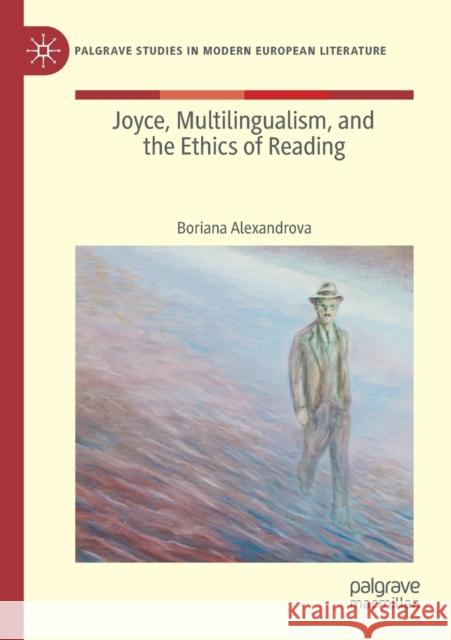Joyce, Multilingualism, and the Ethics of Reading » książka
topmenu
Joyce, Multilingualism, and the Ethics of Reading
ISBN-13: 9783030362812 / Angielski / Miękka / 2021 / 308 str.
Kategorie:
Kategorie BISAC:
Wydawca:
Springer Nature Switzerland AG
Seria wydawnicza:
Język:
Angielski
ISBN-13:
9783030362812
Rok wydania:
2021
Ilość stron:
308
Waga:
0.40 kg
Wymiary:
21.01 x 14.81 x 1.75
Oprawa:
Miękka
Wolumenów:
01
Dodatkowe informacje:
Wydanie ilustrowane











